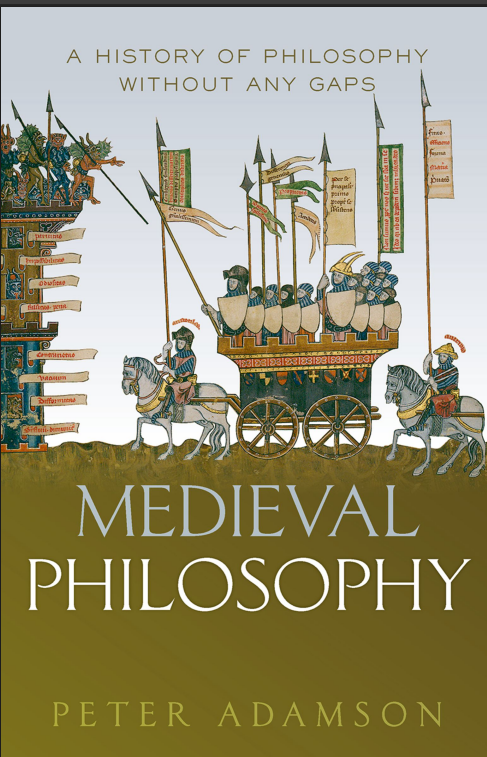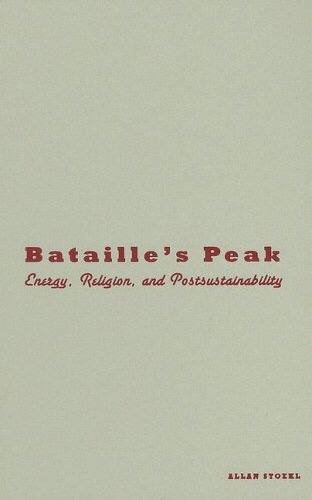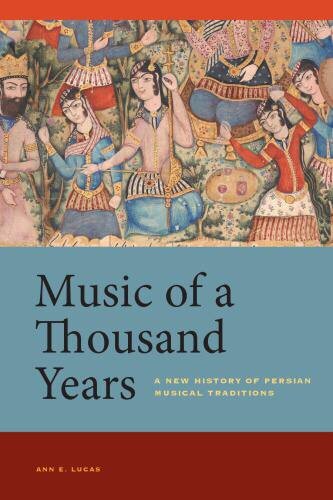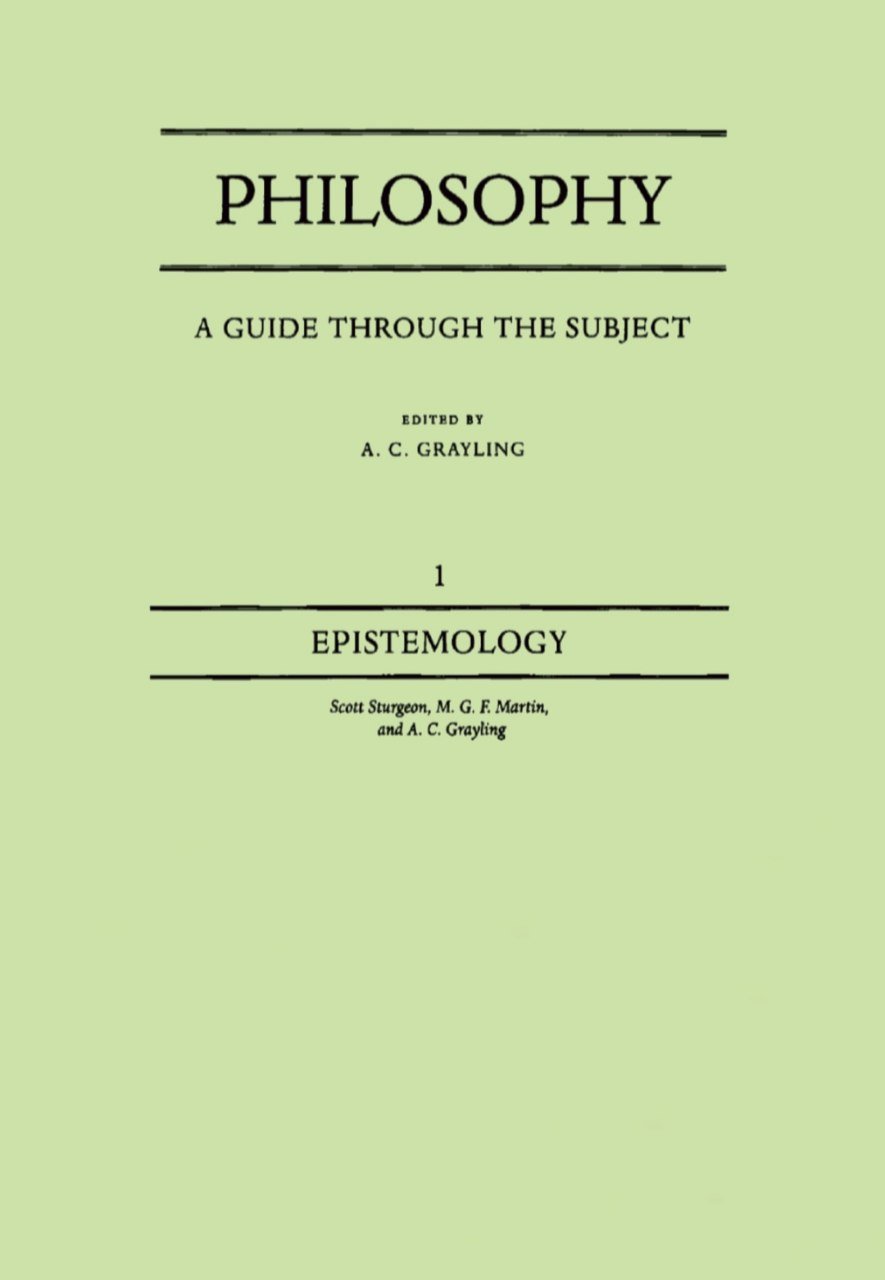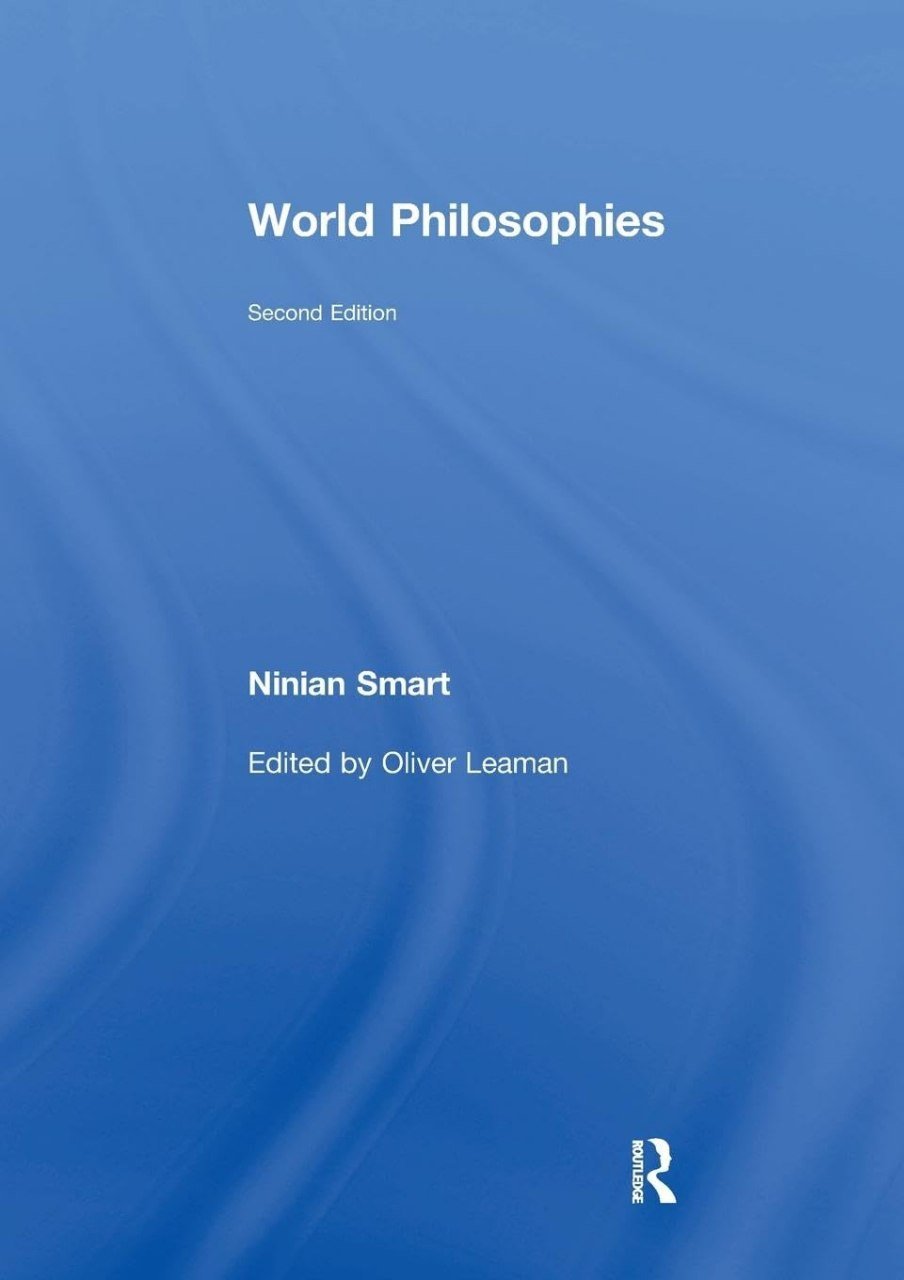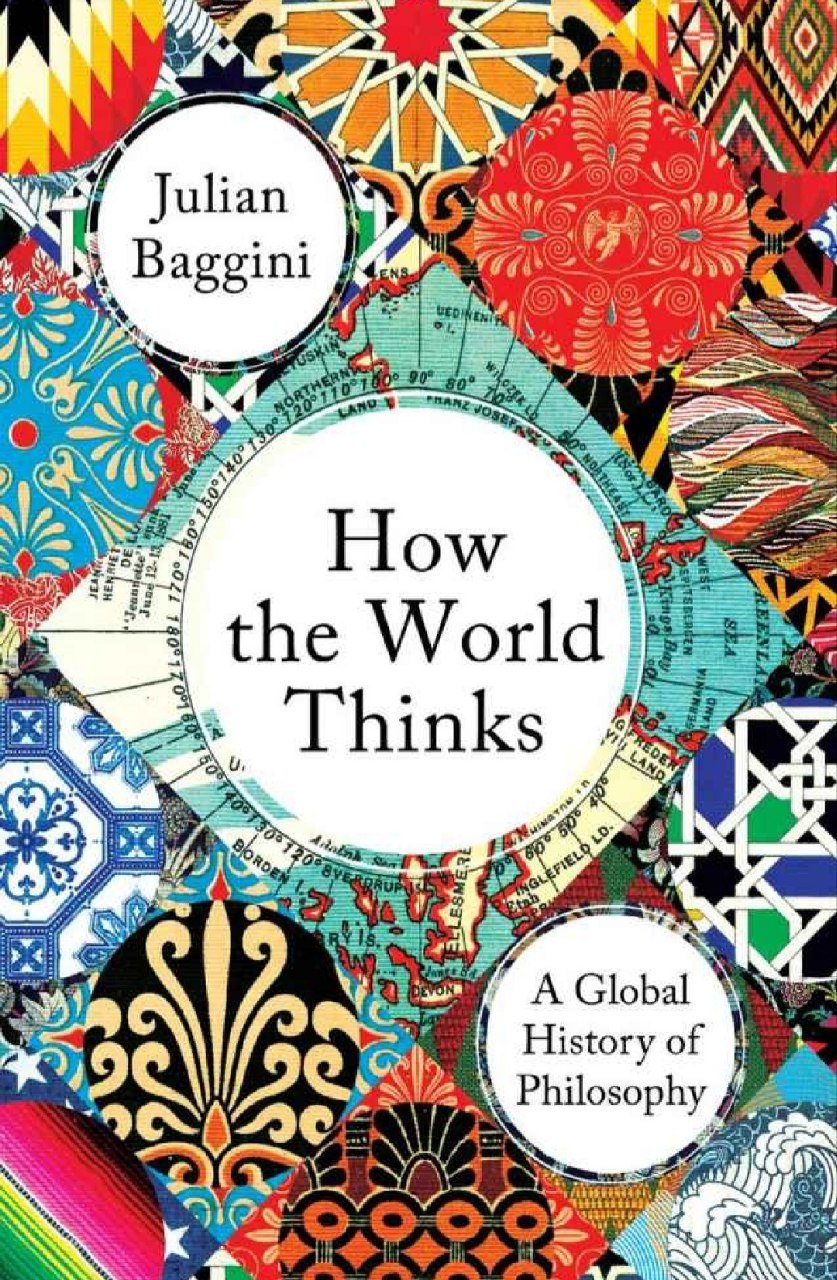

Heidegger in the Islamicate World
Reviews
No review yet. Be the first to review this book!
Description
Heidegger in the Islamicate World, edited by Kata Moser, Urs Gösken, and Josh Michael Hayes (2019), is a groundbreaking and scholarly volume that explores the reception, interpretation, and influence of Martin Heidegger’s philosophy within the diverse intellectual landscapes of the Islamicate world. This book is part of the New Heidegger Research series and offers an in-depth examination of how Heidegger’s thought has been engaged by Muslim scholars, philosophers, and intellectuals across different regions and traditions. The term "Islamicate" here refers not just to Islamic religious thought, but to the broader cultural and intellectual worlds influenced by Islam, including Persian, Arab, and Turkish spheres, among others. The contributors to this volume investigate how Heidegger’s concepts—such as Being, authenticity, temporality, and nothingness—have resonated with and challenged thinkers operating within these contexts. The book addresses both enthusiastic appropriations and critical rejections of Heidegger’s ideas, reflecting the complex dialogue between Western existential phenomenology and Islamic philosophy. Heidegger in the Islamicate World covers a variety of themes, including the intersections between Heidegger’s thought and classical Islamic philosophy (falsafa), Sufism, and contemporary political and theological debates. It highlights how scholars in the Islamicate world have grappled with Heidegger’s critiques of modernity, technology, and metaphysics, and how these critiques parallel or diverge from longstanding Islamic intellectual traditions. The essays in the book are written by an international team of scholars, offering case studies of Heidegger’s reception in Iran, Turkey, and the Arab world. The volume examines figures such as Ahmad Fardid, who developed the concept of "Westoxification" (Gharbzadegi) and engaged deeply with Heidegger’s critique of Western modernity, and others who have translated or reinterpreted Heidegger’s works in light of Islamic thought. This volume is significant for readers interested in comparative philosophy, intercultural dialogue, and the global reception of European philosophical traditions. It not only sheds light on how Heidegger’s philosophy has been understood and adapted outside the Western world but also opens new avenues for understanding the cross-cultural dynamics of philosophical exchange. In essence, Heidegger in the Islamicate World provides a rich and nuanced exploration of the ongoing conversation between Heideggerian thought and the diverse philosophical traditions of the Islamicate intellectual heritage.













 May 03, 2025
May 03, 2025







.jpg)


.jpeg)


.png)


.jpg)












.jpg)

.jpg)



.jpeg)


.jpg)


.jpg)


.jpeg)

.jpeg)












.jpeg)






.jpg)


.jpg)











